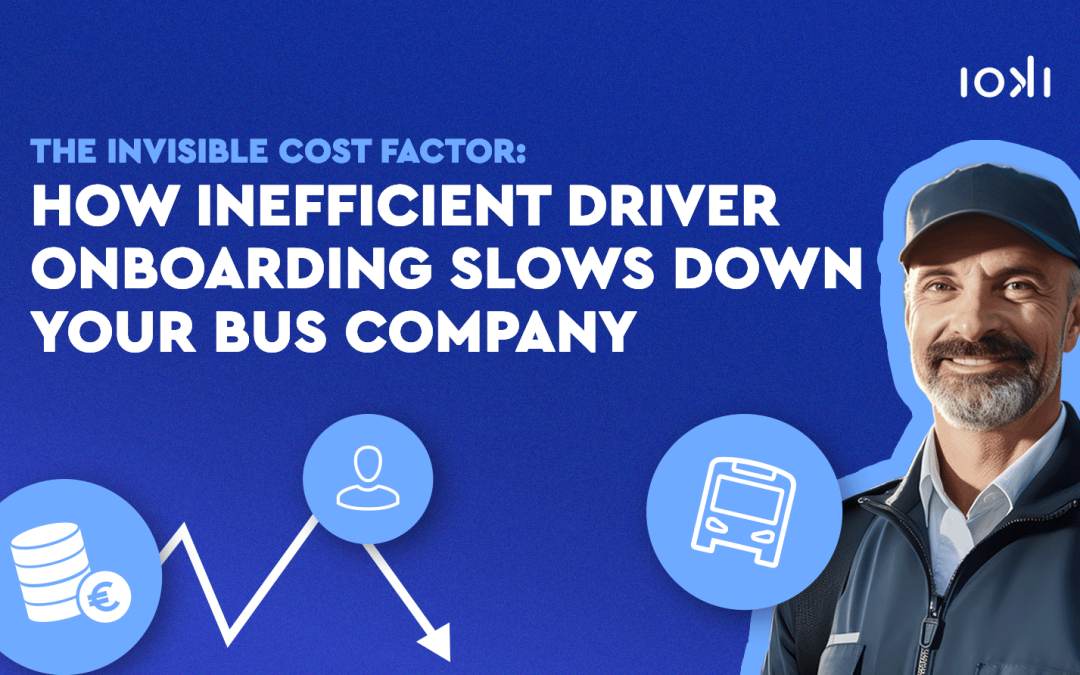What is ridepooling?
With ridepooling, several passengers share a vehicle for a journey and are transported flexibly between stops on request. There are no fixed departure times and no fixed stops – a kind of ride-sharing in public transport. An example:
- Jana wants to go from a to b. Now.
- Denny wants to go from c to b. Now.
Both have a similar departure time, the same destination and Denny’s pick-up point is on the route to the destination. So these two journeys are combined, pooled.
This is also the difference to ridehailing, where a journey must be continuous from start to fin-ish. In between, no other passenger is allowed to get on – most people know this from taxis. Classically, ridepooling is offered with on-demand services.
Why do you think ridepooling is so important for the mobility transition?
I am convinced that ridepooling services play an important role in the mobility transition. They are an important part of achieving Germany’s and the EU’s climate targets, because with them we can get more people out of their cars and into public transport. Ridepooling offers are not only a good thing for passengers, but also for the transport companies that offer them.
Advantages from the customer’s point of view:
- Ridepooling is more flexible than regular public transport as passengers are not bound to a timetable.
- Accessibility is increased as you don’t have to walk to distant stops.
- It is easy and convenient to book via app and affordable.
Advantages from a public transport perspective:
- Existing resources, such as vehicles, can be used sustainably.
- An expanded offer through ridepooling improves the attractiveness for new and existing passengers.
- Digital offers and better availability make public transport attractive also for non-users.
- Bringing mobility to a wide area: Ridepooling services provide residents in rural areas with a flexible connection to public transport, where a demand-oriented, regular public transport service is hardly feasible for various reasons.
- All in all, ridepooling services are a good and sensible supplement to public transport. Be it at night, to serve off-peak times, or during the day, to be able to serve particularly busy hours flexibly and according to demand.
How does the ridepooling approach work at ioki?
Our ioki platform for on-demand transport is a ridepooling software. With our help, transport companies can offer ridepooling services. But the software can also digitise other transport concepts: This ranges from the completely digital demand-responsive transport (DDRT) de-scribed above to call-collecting taxis or call-a-bus services to classic bus route operations.
Every operator using the ioki software can determine the type and manner of pooling themself. This is important because the type of pooling has an influence on how quickly someone gets to their destination. If every journey is to be pooled, more intermediate stops are created so that more people can board. However, there are also services where the operator consciously de-cides that not every trip needs to be pooled.
In order to meet precisely this diversity in the requirements of a ridepooling service, the ioki software is configurable. This allows us to respond to the individual requirements of the transport companies.
What future developments and trends do you see in ridepooling?
Flexible ridepooling services are comparatively “young” and still have to prove themselves. How-ever, the trend is clear: there are now over 300 ridepooling services rolled out in Europe. The services clearly show that they are a sustainable addition to public transport and that passen-gers are happy to use them.
Thinking a little further into the future, the topic of autonomous driving will further advance ridepooling services. The services can be offered more cost-efficiently on a certain scale and are thus even more attractive for public transport. A win-win situation for the provider and the passengers.



